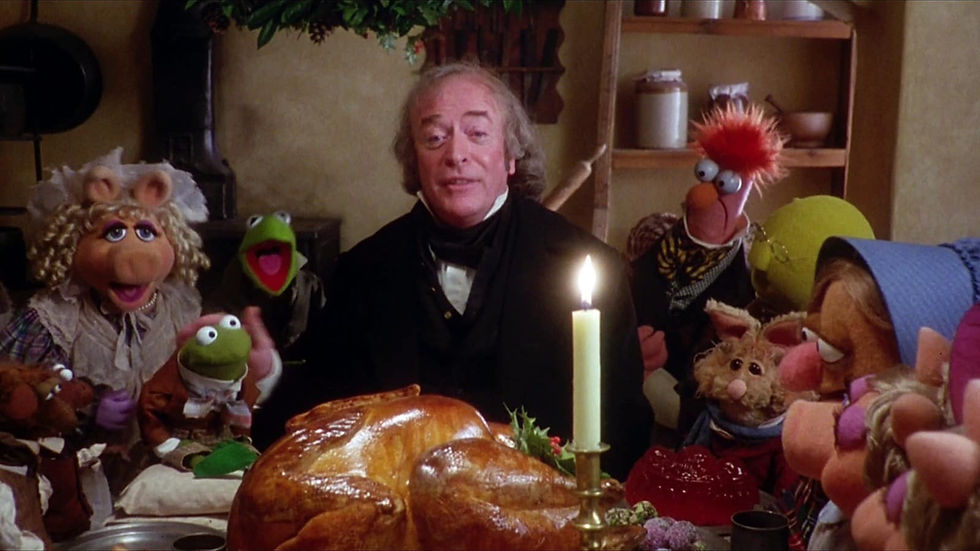Will Hay
- Soames Inscker

- Mar 31, 2025
- 3 min read
Updated: Apr 4, 2025

The Master of British Comedy
Will Hay was one of Britain's greatest comedy actors, renowned for his wit, impeccable timing, and distinctive portrayal of bumbling authority figures. A hugely popular performer in the 1930s and 1940s, Hay was a master of slapstick and satire, influencing generations of comedians. His legacy as a pioneering film star, skilled stage performer, and talented astronomer makes him one of the most fascinating figures in British entertainment history.
Early Life and Career Beginnings
William Thomson Hay was born on December 6, 1888, in Stockton-on-Tees, England. Raised in Lowestoft, Suffolk, he initially pursued a career as an engineer but found his true calling in entertainment. Hay began performing in variety theatres and music halls, developing his famous persona—a blundering, pompous authority figure, often an incompetent schoolteacher or bureaucrat.
His success in vaudeville led him to national fame, and by the early 1920s, he was one of Britain’s most popular stage comedians. He perfected his act in front of live audiences, blending quick-witted dialogue with visual humour, setting the foundation for his future film career.
Transition to Film Stardom
Will Hay made his transition to the silver screen in the early 1930s, signing with Gainsborough Pictures. His film career took off with Those Were the Days (1934), but it was Boys Will Be Boys (1935) that truly established his comedic style. Playing the hapless schoolmaster Dr. Benjamin Twist, Hay perfected his character of an inept yet well-meaning authority figure.
Throughout the late 1930s and early 1940s, Hay starred in a string of hit films, often accompanied by his beloved comic foils, Graham Moffatt (as a cheeky schoolboy) and Moore Marriott (as the doddering old man). Some of his most famous films include:
Good Morning, Boys (1937)
Oh, Mr. Porter! (1937) – Often considered his finest film, featuring Hay as a hapless stationmaster caught up in a smuggling operation.
Ask a Policeman (1939) – Another classic, with Hay as a dim-witted rural policeman.
Where’s That Fire? (1939) – A fire brigade farce, showcasing his impeccable comic timing.
His films blended slapstick, satire, and social commentary, poking fun at the British class system and the inefficiencies of institutions like schools, the police force, and the civil service.
War Years and Later Career
During World War II, Hay took a step back from film to focus on war efforts and other pursuits. His later films, including The Goose Steps Out (1942), satirized the Nazi regime and supported the British war effort. However, his health began to decline, leading him to retire from acting by the mid-1940s.
Beyond his work in entertainment, Hay was an accomplished astronomer. He made significant contributions to the field, discovering a white spot on Saturn in 1933, which was officially recognized by the Royal Astronomical Society. His interest in science and education was a stark contrast to the bumbling characters he portrayed on screen.
Legacy and Influence
Will Hay passed away on April 18, 1949, but his influence on comedy remains profound. His portrayal of ineffectual authority figures paved the way for later British comedians such as John Cleese, Rowan Atkinson, and Ricky Gervais. His films continue to be celebrated for their sharp humour, and his legacy as a master of British comedy endures.
As both a brilliant performer and a man of many talents, Will Hay remains an essential figure in the history of British entertainment, a pioneer who helped shape the landscape of comedy for generations to come.




